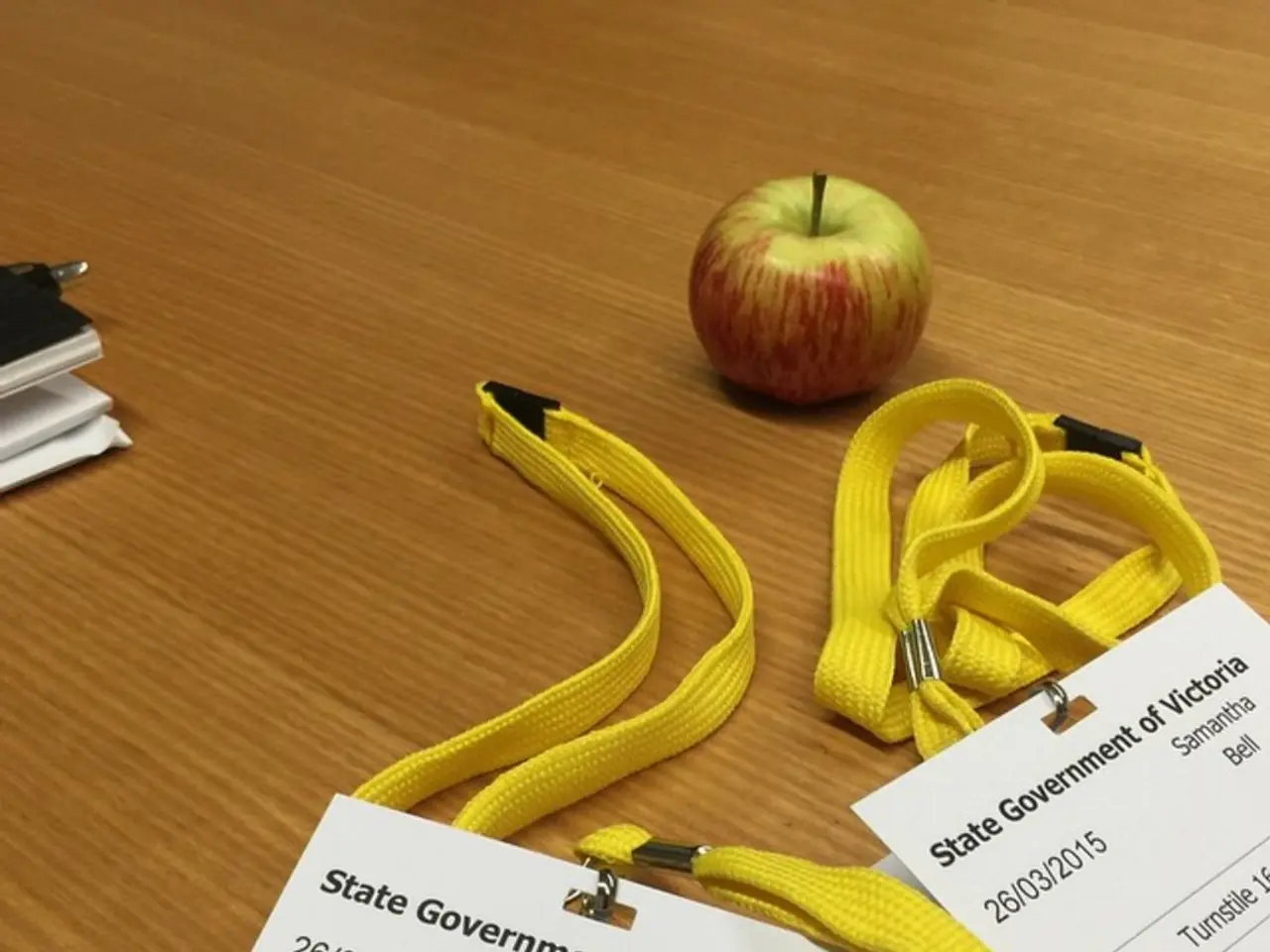Unauthentic iCloud Emails - A Warning From Beyond Apple
In today's digital age, the threat of phishing attacks is ever-present, and Apple users are no exception. Scammers are increasingly targeting Apple users, attempting to steal payment data through emails that mimic genuine Apple messages.
These emails often claim that the user's iCloud storage is full and data will be deleted, or that the iCloud subscription renewal has failed. They may also include a fabricated subscription ID and expiration date, and offer a one-time payment of 1.99 euros for additional storage space, which is a fabricated offer.
The emails appear to come from the user's own iCloud email address, adding a layer of authenticity. However, clicking the link provided would open a phishing site designed to steal payment information.
To protect themselves, Apple users should be cautious of fake websites that closely mimic Apple's official site but are designed to steal payment information. Key protective measures include verifying website authenticity before entering payment details, avoiding deals that seem too good to be true, and ensuring the website uses a valid SSL certificate.
In addition, Apple users can protect themselves by being wary of phishing emails or messages, avoiding clicking on suspicious links, and regularly monitoring their Apple account and payment statements for unauthorized charges. Using multi-factor authentication for Apple ID also makes unauthorized access more difficult.
Security analysts warn that thousands of fake Apple-related sites are active globally, and these scams highlight the importance of vigilance.
While the search results do not provide specific Apple user recommendations from "Watchlist Internet," they report this phishing risk and outline that users should rely on secure payment methods, verify site authenticity, and exercise caution with deals and emails to protect their payment data.
Thus, Apple users defend against these phishing attacks by careful scrutiny of websites and emails, using trusted payment methods with dispute protections, and vigilance against offers or sites that mimic Apple but show signs of fraud. By following these guidelines, Apple users can safeguard their payment data and ensure their online security.
- Utilizing trusted payment methods with dispute protections, Apple users can safeguard their payment data from phishing attacks, as recommended by security analysts.
- To avoid being deceived by fraudulent sites, Apple users should always verify website authenticity before entering payment details, as this is a key protective measure.




